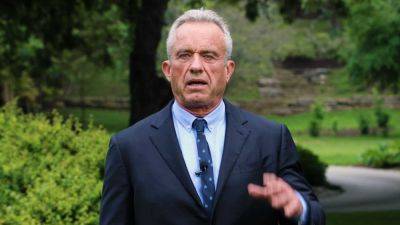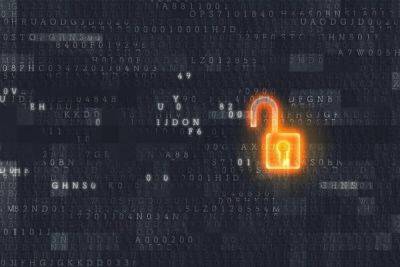South Korea Enacts Legislation for Public Disclosure of Officials' Crypto Holdings
South Korea is planning to enact a new piece of legislation that would require around 5,800 high-ranking public officials to make public disclosures of their cryptocurrencies and other asset holdings. In the aftermath of a number of legislative initiatives that have been undertaken with the intention of boosting openness and minimizing concerns about conflicts of interest in the public sector, this new trend has emerged.
The South Korean government, via the Ministry of Personnel Management, made the announcement that bitcoin holdings would be included in the yearly asset statement that is required of elected politicians and high-ranking government personnel. A comprehensive portal that is created for the registration and evaluation of property declarations made by public officials is a component of the government's larger «Public Ethics and Transparency Initiative,» which includes this directive as one of its components.
The «Kim Nam-kuk Prevention Act» was overwhelmingly approved by the National Assembly, and it was named after a controversy that involved a former politician for the Democratic Party. By amending both the National Assembly Act and the Public Service Ethics Act, this piece of legislation demonstrates the nation's dedication to maintaining ethical standards in the realm of public service. There were claims made against Kim Nam-kuk, who was suspected of owning considerable crypto assets, which raised worries about a potential conflict of interest. These allegations were the impetus for the act.
The main domestic cryptocurrency exchanges in South Korea, particularly Upbit, Bithumb, Coinone, Korbit, and Gopax, are scheduled to establish their own information systems by June 2024. This change in legislation
Read more on blockchain.news
 blockchain.news
blockchain.news

















